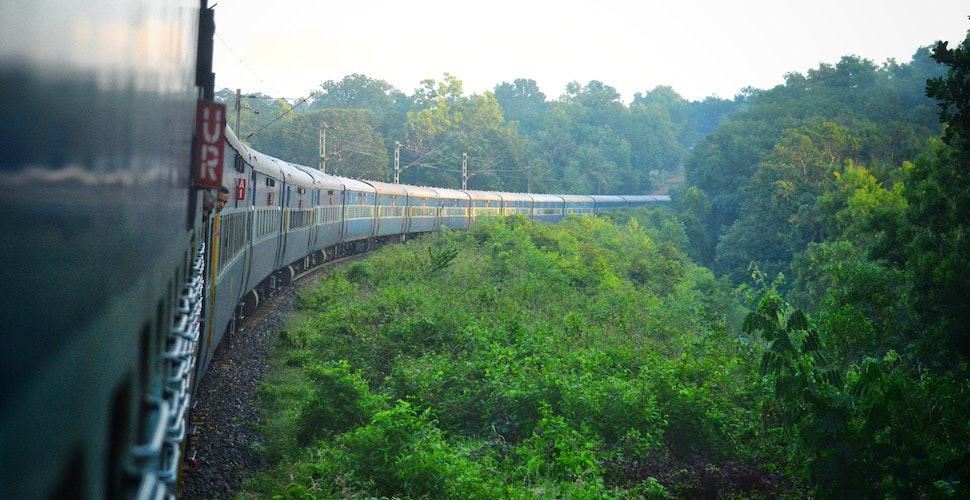The fourth-largest railway system in the world is set to become an important defense against human trafficking as India prepares to roll out facial recognition at stations across the country despite criticism from rights groups.
According to a senior official, most major railway stations in India will incorporate a new facial recognition system currently under trial in the tech hub of Bengaluru (formerly Bangalore) by the end of 2020.
The system uses artificial intelligence to scan hundreds of thousands of faces every day and match them against the faces of registered criminals offenders.
Further plans are underway to extend the facial recognition technology to the trains themselves, with surveillance cameras set to be installed alongside sensors detecting sounds such as arguments or screams.
Officials hope the system will help prevent human trafficking, which in India is facilitated by the railway system. Traffickers exploit the railway as an easy way to transport victims internally within the country.
The Thomson Reuters Foundation reports:
“The railways will become like a virtual fortress,” a senior railways official told the Thomson Reuters Foundation.
“Without a physical, brick and mortar boundary wall, we will be able to make the whole system more secure,” said the official who declined to be named as he was not authorised to speak to the media.
Stretching from the foothills of the Himalayas to sandy southern beaches, India’s railway network is one of the biggest in the world, carrying about 23 million people – or the population of Taiwan – every day.
But it is also used by traffickers to lure millions of women and children to cities with the promise of good jobs, only to sell them into sex slavery or trap them in bonded labour where they are forced to work to repay a debt.
However, digital rights campaigners have raised concerns that the system could breach citizens’ privacy, arguing that any crime-fighting benefits are likely to come at the cost of increased surveillance.
The railway is set to be one part of a broader nationwide facial recognition system, which the Indian government has already trialed in airports and cafes. With these developments taking place in the absence of a data protection law, they have drawn strong criticism from human rights groups that fear personal data could be misused.
Authorities in India have defended the facial recognition system as necessary in a country as populous, diverse, and under-resourced as India. The case raises important questions about the role of technology in eliminating human trafficking. While the Indian government’s determination should be commended, the fight against modern slavery cannot come at the cost of personal freedom.







Freedom United is interested in hearing from our community and welcomes relevant, informed comments, advice, and insights that advance the conversation around our campaigns and advocacy. We value inclusivity and respect within our community. To be approved, your comments should be civil.
Your organisation seems to be going mad. You are promoting the idiotic claims of right-wing regimes, as long as they are dressed up with the words Human Trafficking or Modern Slavery.
First Pompeo undermining Cuba’s great humanitarian exercise – brave, named doctors saving lives in difficult, dangerous places – clearly not slavery. Now with India persecuting 200 million Muslims, you reprint Modi’s claim that surveillance on the railways is to prevent human trafficking. Are you nuts?
Who or what IS Freedom United funded by? How outrageous to encourage us to sign on for the greatest risk to human freedom ever devised! The modern technology surveillance system where no one will be free!!!! I will take no further part in this organisation! Do not send your emails. I am unsubscribing!!!